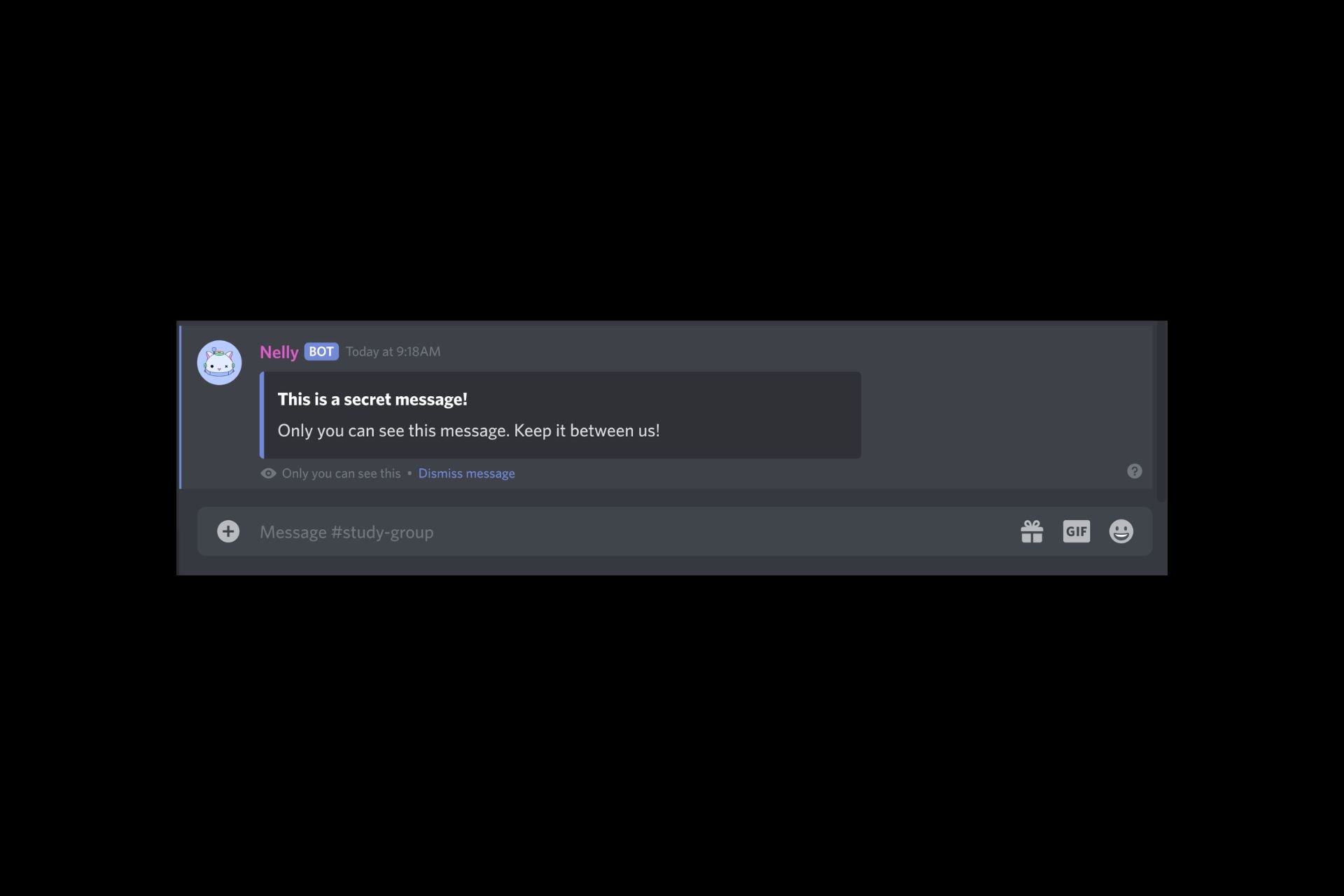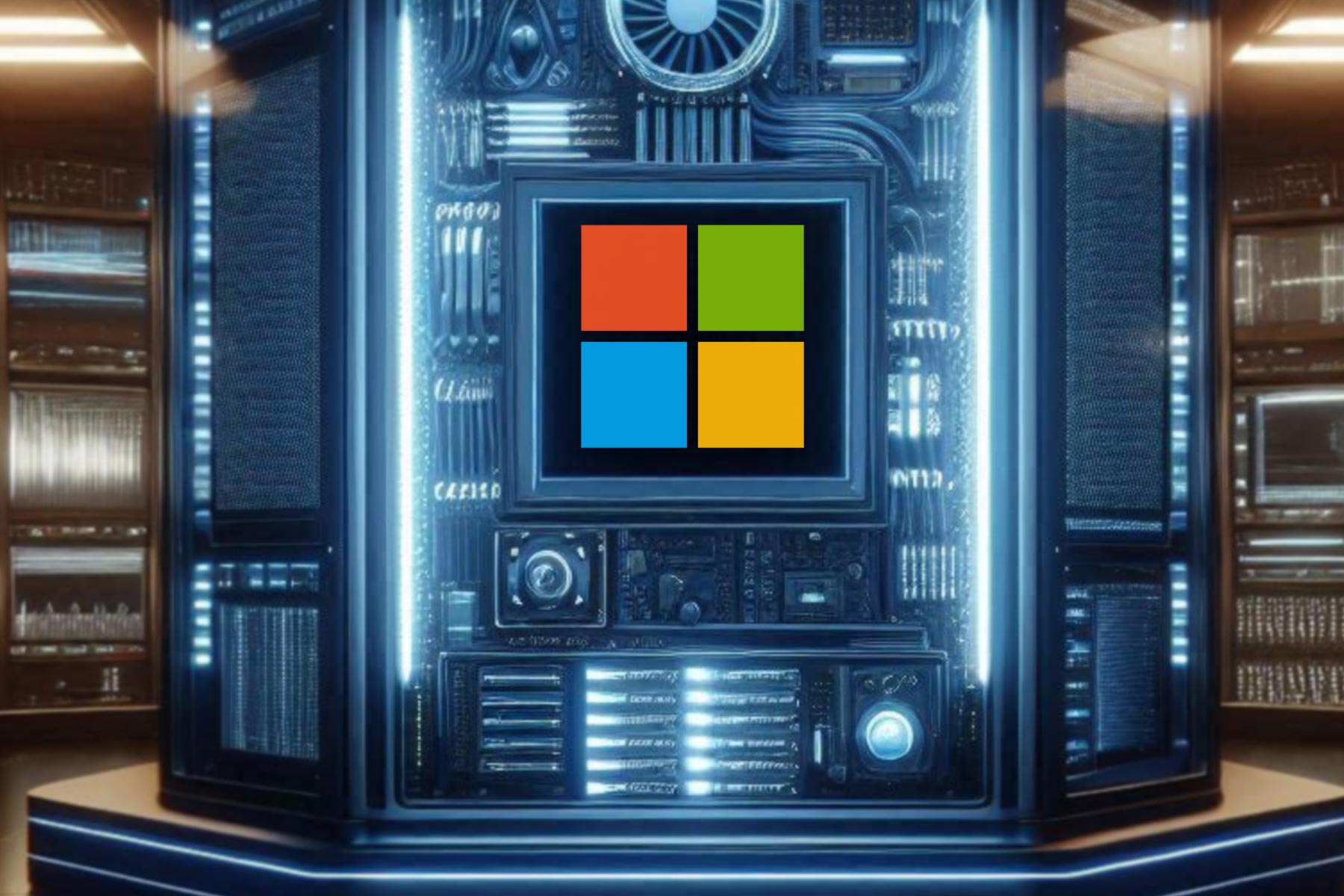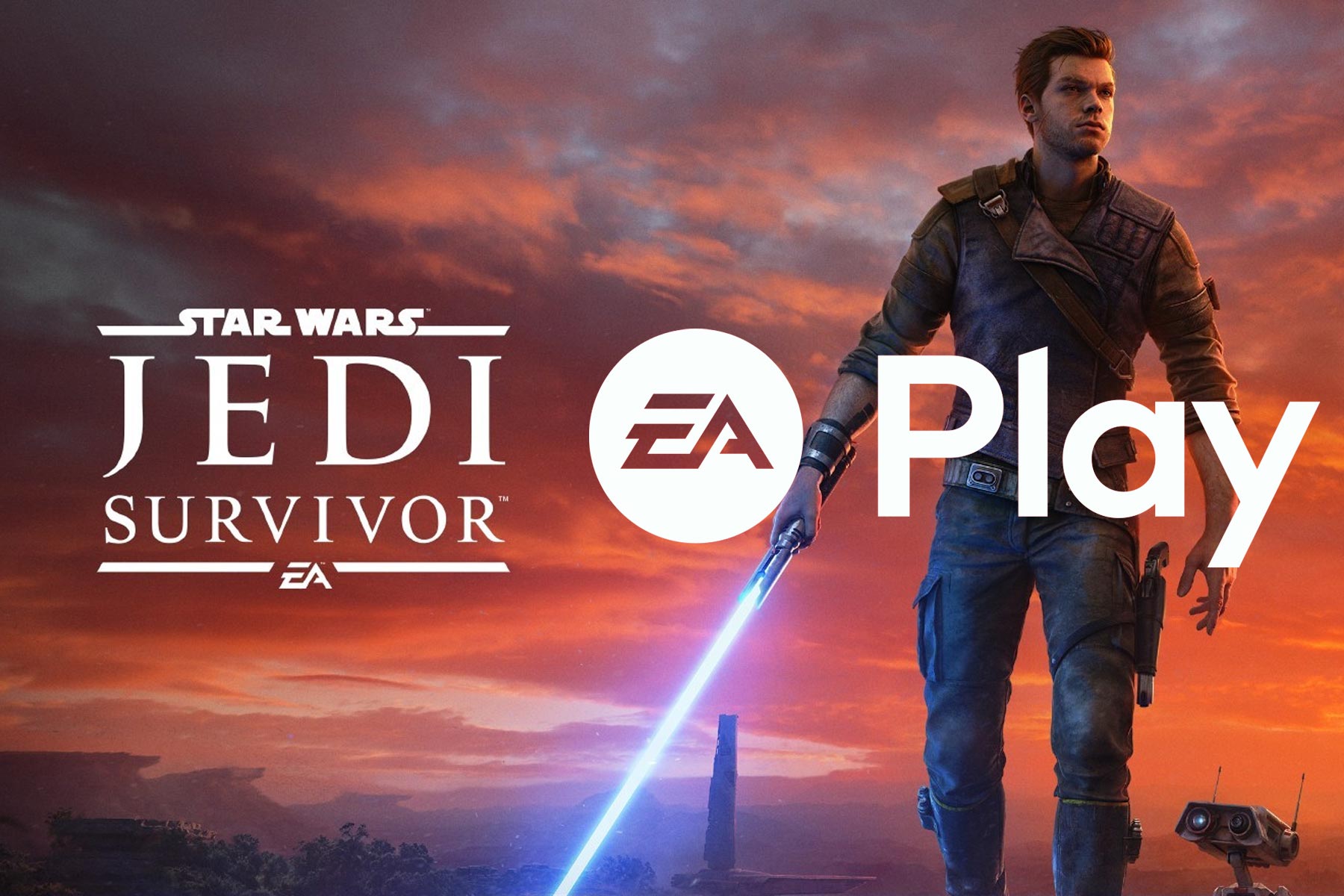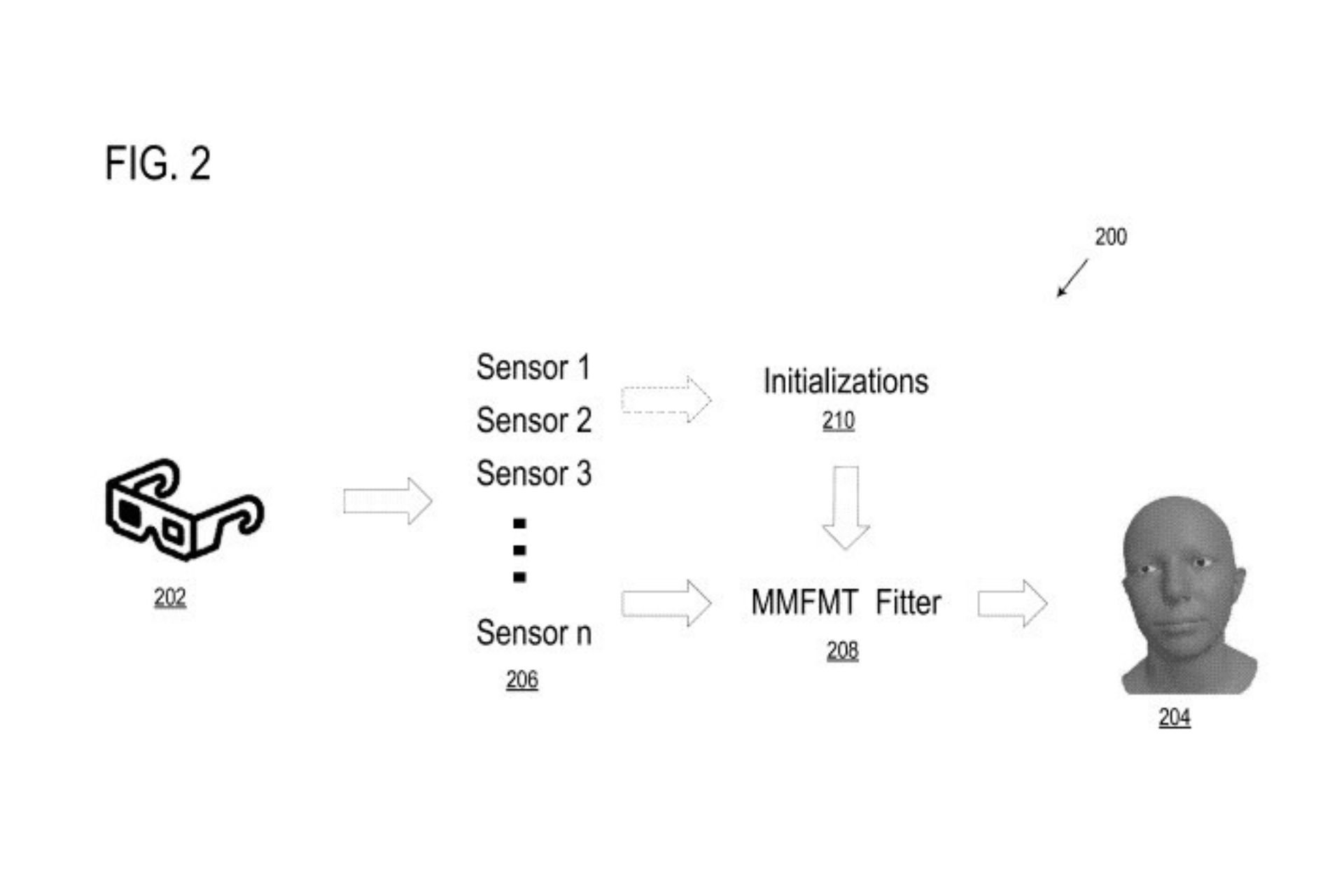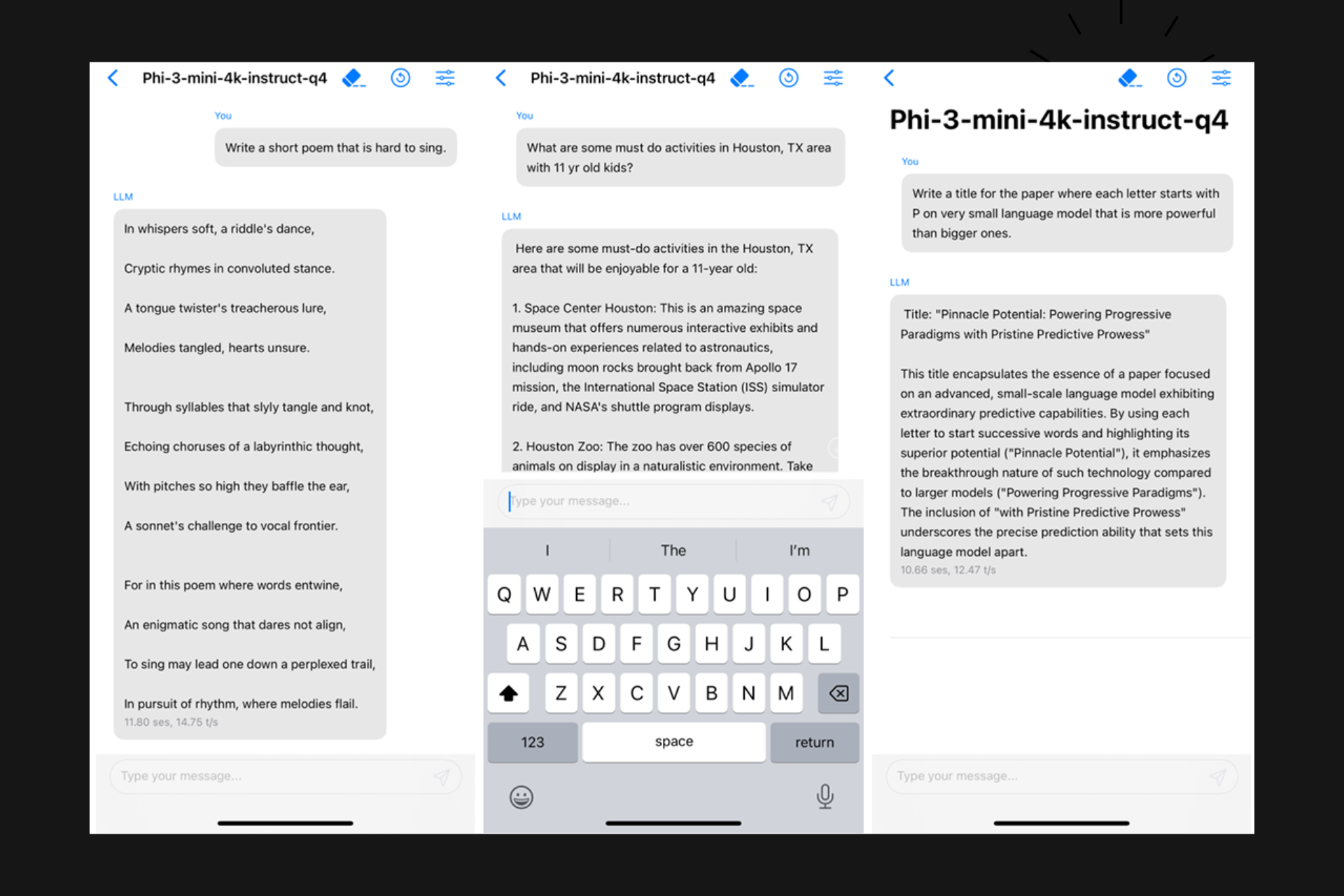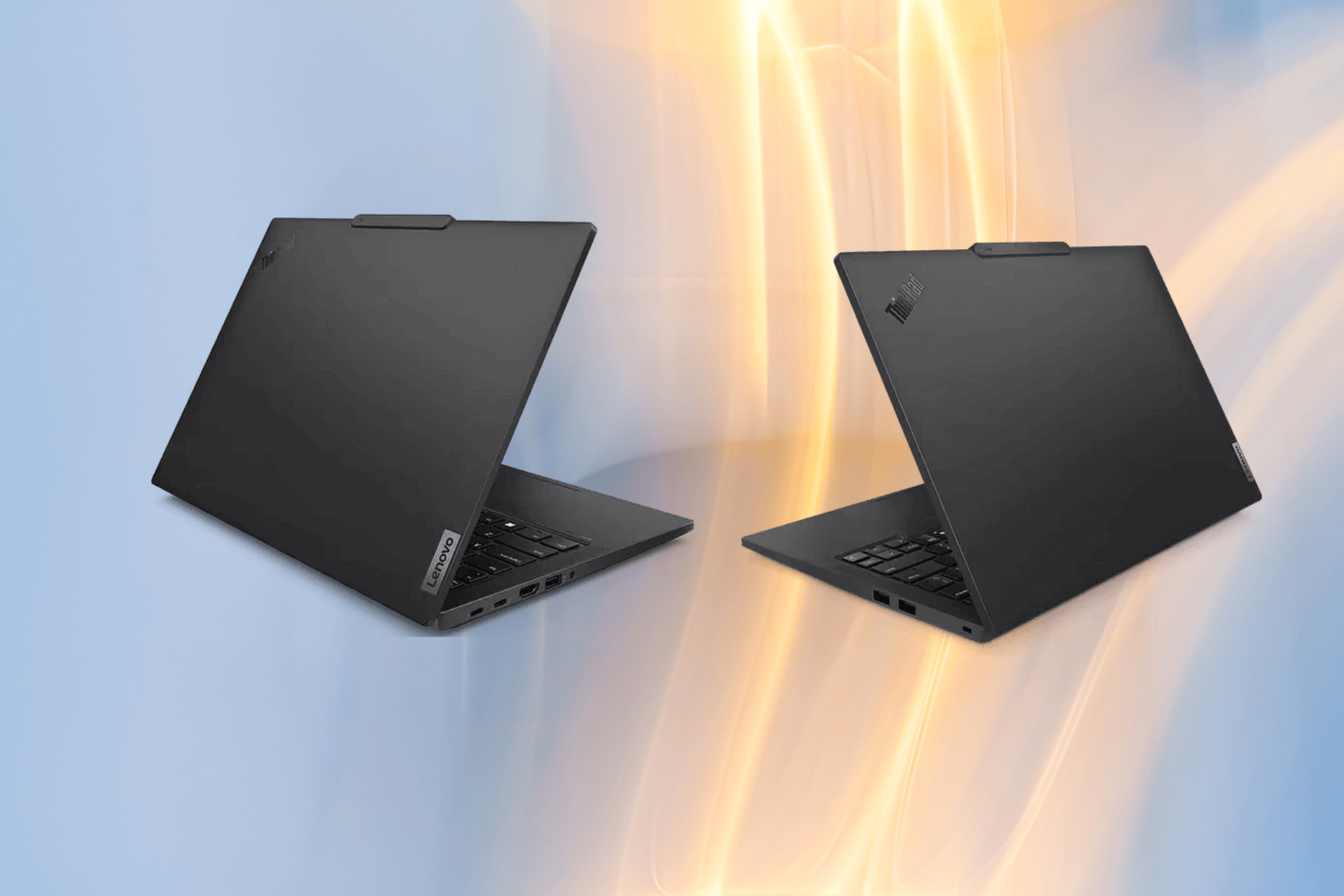Game emulators are now blocked in the Windows Store
2 min. read
Updated on
Read our disclosure page to find out how can you help Windows Report sustain the editorial team Read more
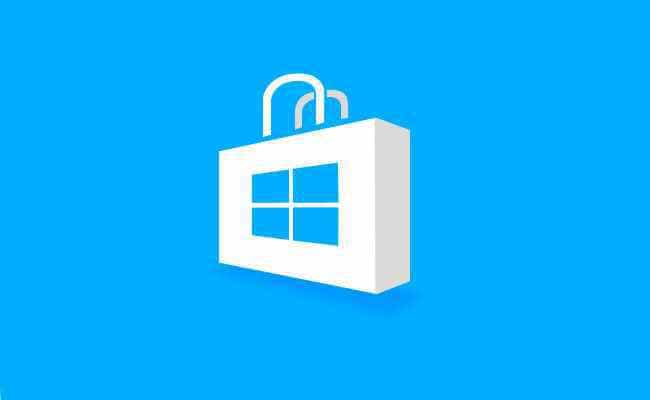
Game emulators are no longer welcome to the Windows Store after Microsoft updated its policies to ban them from its platform. The Redmond giant began implementing the new rules by delisting the Nesbox Universal Emulator from the Windows Store after announcing the changes at the end of March.
Microsoft’s Windows Store policies now state that game emulators are no longer supported on any device family, meaning developers won’t be able to submit game system emulators to Windows PCs and tablets, phones, Hololens, or the Xbox One going forward. If you wish to use an emulator, you can still switch from a UWP app to a traditional desktop program.
The Nesbox Universal Emulator is designed to play NES, Super Nintendo, Sega Genesis, and GameBoy Color and Advanced games. The popular emulator even made it to the Xbox One app store last fall. However, it has always run into trouble with Microsoft’s Universal Windows Platform, with the emulator disappearing from Microsoft’s console shortly after its publication on the Xbox One.
It’s easy to see why Microsoft decided to ban game emulators from Windows Store: console emulators are legally questionable. That’s because game emulators can let users play pirated copies of classic games. But more to the point, the ban reveals the importance of having an alternative to the Windows Store, at least for game developers.
Additional options are crucial to help users run any program even after support for traditional desktop apps ceases. Since UWP apps are not necessarily required to be sold in Microsoft’s ecosystem, other companies are free to create an alternative to the Windows Store.
RELATED STORIES YOU NEED TO CHECK OUT:

